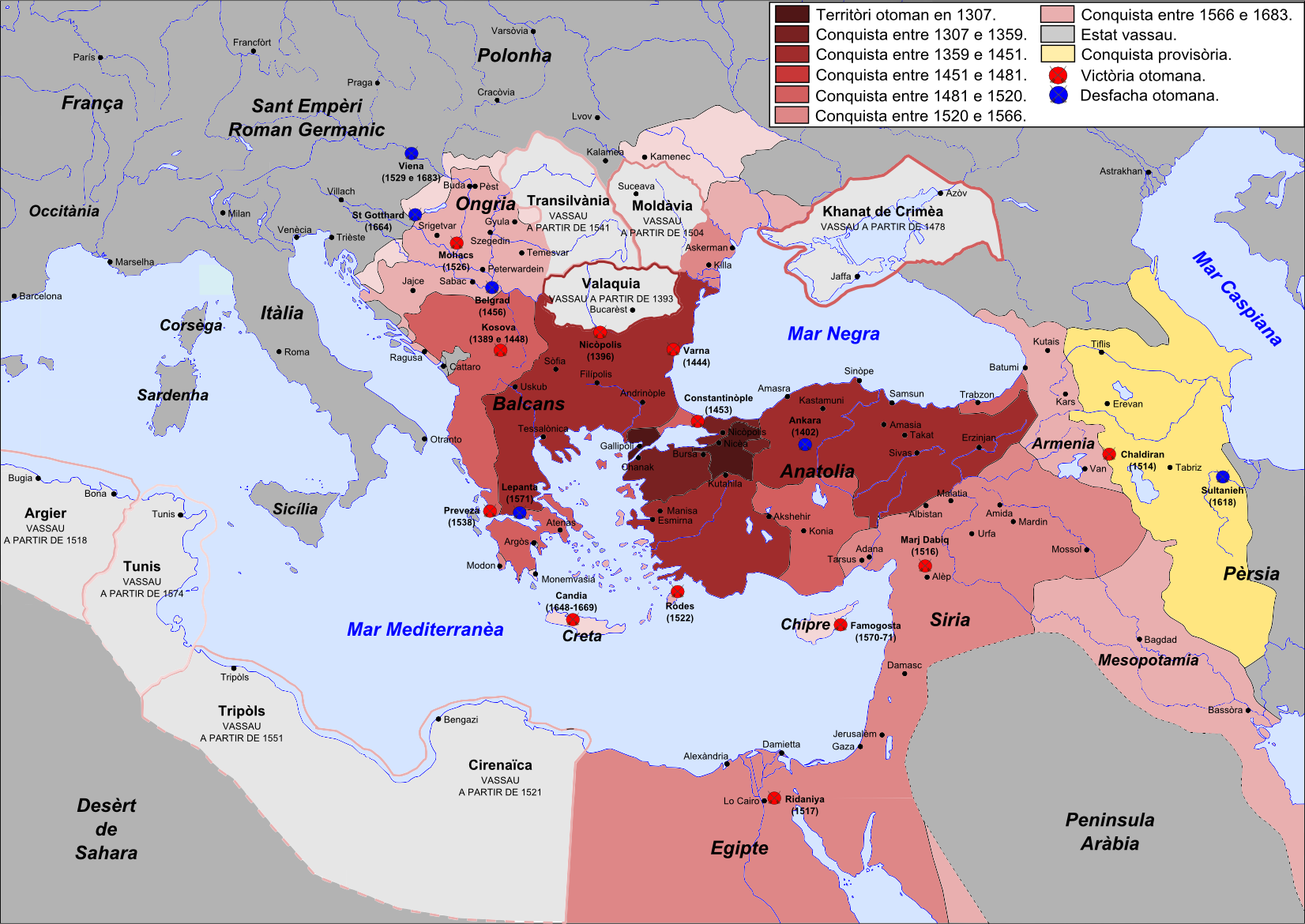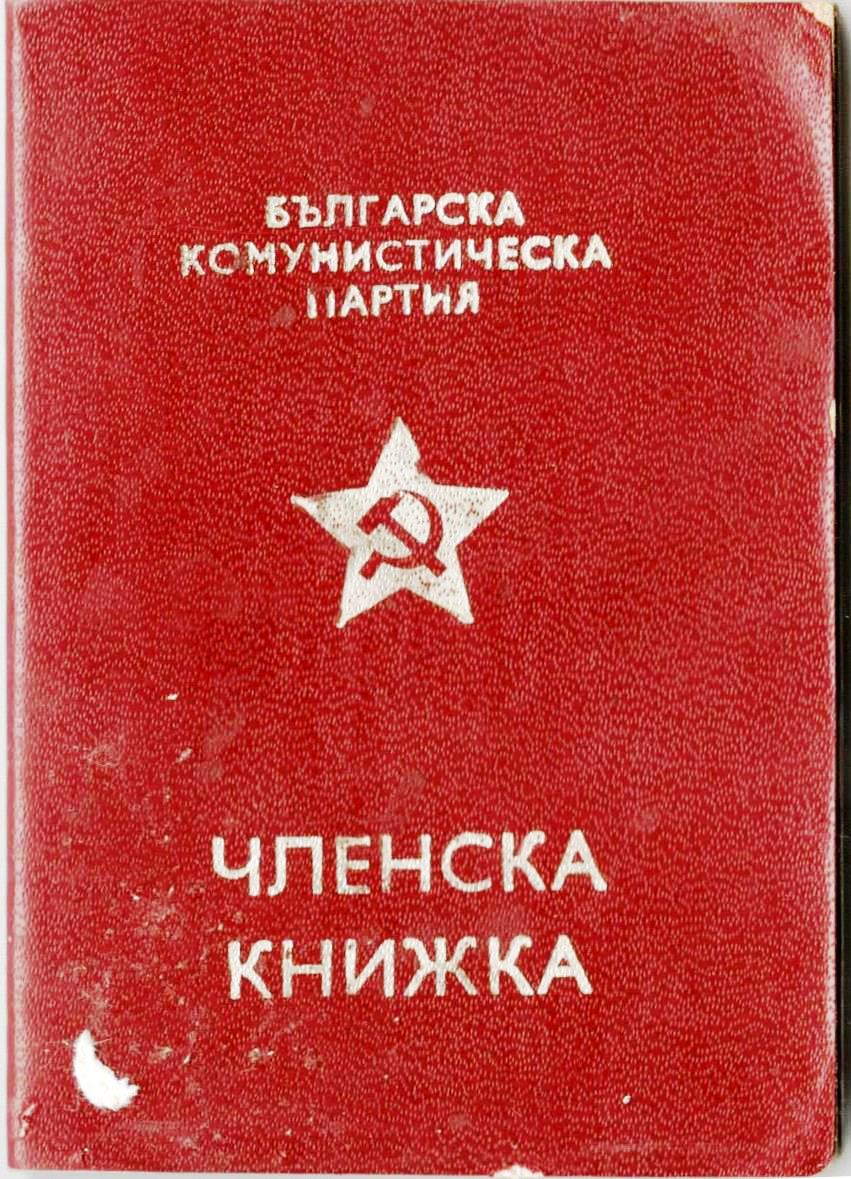|
Stavroupoli, Xanthi
Stavroupoli ( el, Σταυρούπολη) is a village and a former municipality in the Xanthi (regional unit), Xanthi regional unit, East Macedonia and Thrace, Greece. Since the 2011 local government reform it is part of the municipality Xanthi, of which it is a municipal unit. The municipal unit has an area of 342.002 km2. Population 2,050 (2011). Stavroupoli and Nestos Valley (Greek: Κοιλάδα του Νέστου) including Nestos River Tempi (Greek: Τέμπη του Νέστου) is a popular tour region and vacation target in North Greece. The municipal unit Stavroupoli is subdivided into the communities Dafnonas, Gerakas, Xanthi, Gerakas, Ano Karyofyto, Karyofyto, Komnina, Xanthi, Komnina, Neochori, Xanthi, Neochori, Paschalia and Stavroupoli. The community Stavroupoli consists of the settlements Stavroupoli, Lykodromi, Kallithea and Margariti. History During the Bulgarian administration of the region in World War II from 1941 to 1944, the village was infamous a ... [...More Info...] [...Related Items...] OR: [Wikipedia] [Google] [Baidu] |
East Macedonia And Thrace
Eastern Macedonia and Thrace ( el, Ανατολική Μακεδονία και Θράκη, translit=Anatolikí Makedonía ke Thráki, ) is one of the thirteen administrative regions of Greece. It consists of the northeastern parts of the country, comprising the eastern part of the region of Macedonia along with the region of Western Thrace, and the islands of Thasos and Samothrace. Administration Administrative history The region of Eastern Macedonia and Thrace was established in the 1987 administrative reform as the Eastern Macedonia and Thrace Region ( el, Περιφέρεια Ανατολικής Μακεδονίας και Θράκης, translit=Periféria Anatolikís Makedhonías ke Thrákis. With the 2010 Kallikratis plan, its powers and authority were redefined and extended, with the preexisting region in many respects inheriting status and weight of the five now abolished prefectures, Drama, Evros, Kavala, Rhodope and Xanthi. In this special case, the regio ... [...More Info...] [...Related Items...] OR: [Wikipedia] [Google] [Baidu] |
Paschalia
Paschalia is a settlement in the municipality Xanthi in the Xanthi regional unit of Greece. It is part of the municipal unit of Stavroupoli Stavroupoli ( el, Σταυρούπολη, literally ''city of the Cross'') is a suburb of the Thessaloniki Urban Area and was a former municipality in the regional unit of Thessaloniki, Greece Greece,, or , romanized: ', officially th .... References Populated places in Xanthi (regional unit) Xanthi {{EMacedoniaThrace-geo-stub ... [...More Info...] [...Related Items...] OR: [Wikipedia] [Google] [Baidu] |
Katerina Sakellaropoulou
Katerina Sakellaropoulou ( el, Κατερίνα Σακελλαροπούλου, Latn, el, Katerína Sakellaropoúlou, ; born 30 May 1956) is a Greek judge who has been the president of Greece since 13 March 2020. She was elected by the Hellenic Parliament to succeed Prokopis Pavlopoulos on 22 January 2020. Prior to her election as president, Sakellaropoulou served as president of the Council of State, the highest administrative court of Greece. She is the country's first female president. Biography Sakellaropoulou was born in Thessaloniki. Her parents are Nikolaos Sakellaropoulos, a former vice president of the Greek Supreme Court, and Aliki Paraskeva. Her family comes from Stavroupoli, a town in Xanthi prefecture. She studied law at the National and Kapodistrian University of Athens and completed her postgraduate studies in public law at Paris II University. In the mid-1980s, she was admitted to the Council of State and she was promoted to councellor in 2000. In October ... [...More Info...] [...Related Items...] OR: [Wikipedia] [Google] [Baidu] |
George Papassavas
George Papassavas (born 28 January 1924) is a Greek painter who has traveled extensively throughout Latin America. Born in Stavroupoli, Greece, Papassavas against his father's will taught himself the techniques of the classical artist at a young age. At the age of 17, he was put into exile and forced into labor by the invading Bulgarian army. After his return to Greece, he began formal study at the Athens School of Fine Arts. In 1955, after being enchanted by the book '' Brazil: A Land of the Future'' by Stefan Zweig, Papassavas journeyed with his wife to Rio de Janeiro, Brazil, where he studied under Candido Portinari. In search of artistic inspiration, Papassavas made several trips throughout South America observing both its people and natural environment. At the end of 1967, he moved to United States and continued his development in art at Harvard University Harvard University is a private Ivy League research university in Cambridge, Massachusetts. Founded in 1636 as ... [...More Info...] [...Related Items...] OR: [Wikipedia] [Google] [Baidu] |
Treaty Of Neuilly-sur-Seine
The Treaty of Neuilly-sur-Seine (french: Traité de Neuilly-sur-Seine) required Bulgaria to cede various territories, after Bulgaria had been one of the Central Powers defeated in World War I. The treaty was signed on 27 November 1919 at Neuilly-sur-Seine, France. The treaty required Bulgaria: *to cede Western Thrace to the Entente (which awarded it to Greece at the San Remo conference) thereby cutting off Bulgaria's direct outlet to the Aegean Sea. *to sign a convention on population exchange with Greece. *to cede a further area of on its western border with the Kingdom of Serbs, Croats and Slovenes (later Yugoslavia). *to return Dobruja, which according to the Treaty of Bucharest was partially ceded to Bulgaria and partially to the Central Powers (who later, on 25 September 1918, transferred this joint condominium to Bulgaria), to Romania, thus restoring the border set by the Treaty of Bucharest (1913). *to return property removed from the foreign territory occupied by Bu ... [...More Info...] [...Related Items...] OR: [Wikipedia] [Google] [Baidu] |
Geographical Name Changes In Greece
The Greek state has systematically replaced geographical and topographic names of non-Greek origin with Greek names as part of a policy and ideology of Hellenization. The main objective of the initiative has been to assimilate or hide geographical or topographical names that were deemed foreign and divisive against Greek unity or considered to be "bad Greek". The names that were considered foreign were usually of Albanian, Slavic, and Turkish origin. Most of the name changes occurred in the Arvanite settlements in central Greece and, after the Balkan Wars, in the ethnically heterogeneous northern Greece. Place names of Greek origin were also renamed after names in Classical Greece. The policy commenced after the independence of Greece from the Ottoman Empire in the early 1830s, after the territorial expanses of Greece and continued into the Greek Republic. To this day use of the old Albanian, Slavic, or Turkish placenames by authorities, organisations, and individuals is penali ... [...More Info...] [...Related Items...] OR: [Wikipedia] [Google] [Baidu] |
Ottoman Greece
Most of the areas which today are within modern Greece's borders were at some point in the past part of the Ottoman Empire. This period of Ottoman rule in Greece, lasting from the mid-15th century until the successful Greek War of Independence that broke out in 1821 and the proclamation of the First Hellenic Republic in 1822 (preceded by the creation of the autonomous Septinsular Republic in 1800), is known in Greek as ''Tourkokratia'' ( el, Τουρκοκρατία, "Turkish rule"; en, "Turkocracy"). Some regions, however, like the Ionian islands, various temporary Venetian possessions of the Stato da Mar, or Mani peninsula in Peloponnese did not become part of the Ottoman administration, although the latter was under Ottoman suzerainty. The Eastern Roman Empire, the remnant of the ancient Roman Empire which ruled most of the Greek-speaking world for over 1100 years, had been fatally weakened since the sacking of Constantinople by the Latin Crusaders in 1204. The Ottoman ... [...More Info...] [...Related Items...] OR: [Wikipedia] [Google] [Baidu] |
Bulgarian Communist Party
The Bulgarian Communist Party (BCP; bg, Българска Комунистическа Партия (БКП), Balgarska komunisticheska partiya (BKP)) was the founding and ruling party of the People's Republic of Bulgaria from 1946 until 1989, when the country ceased to be a socialist state. The party had dominated the Fatherland Front, a coalition that took power in 1944, late in World War II, after it led a coup against Bulgaria's tsarist regime in conjunction with the Red Army's crossing the border. It controlled its armed forces, the Bulgarian People's Army. The BCP was organized on the basis of democratic centralism, a principle introduced by the Russian Marxist scholar and leader Vladimir Lenin, which entails democratic and open discussion on policy on the condition of unity in upholding the agreed upon policies. The highest body of the BCP was the Party Congress, convened every fifth year. When the Party Congress was not in session, the Central Committee was the hig ... [...More Info...] [...Related Items...] OR: [Wikipedia] [Google] [Baidu] |
Concentration Camp
Internment is the imprisonment of people, commonly in large groups, without charges or intent to file charges. The term is especially used for the confinement "of enemy citizens in wartime or of terrorism suspects". Thus, while it can simply mean imprisonment, it tends to refer to preventive confinement rather than confinement ''after'' having been convicted of some crime. Use of these terms is subject to debate and political sensitivities. The word ''internment'' is also occasionally used to describe a neutral country's practice of detaining belligerent armed forces and equipment on its territory during times of war, under the Hague Convention of 1907. Interned persons may be held in prisons or in facilities known as internment camps (also known as concentration camps). The term ''concentration camp'' originates from the Spanish–Cuban Ten Years' War when Spanish forces detained Cuban civilians in camps in order to more easily combat guerrilla forces. Over the following d ... [...More Info...] [...Related Items...] OR: [Wikipedia] [Google] [Baidu] |
World War II
World War II or the Second World War, often abbreviated as WWII or WW2, was a world war that lasted from 1939 to 1945. It involved the World War II by country, vast majority of the world's countries—including all of the great powers—forming two opposing military alliances: the Allies of World War II, Allies and the Axis powers. World War II was a total war that directly involved more than 100 million Military personnel, personnel from more than 30 countries. The major participants in the war threw their entire economic, industrial, and scientific capabilities behind the war effort, blurring the distinction between civilian and military resources. Air warfare of World War II, Aircraft played a major role in the conflict, enabling the strategic bombing of population centres and deploying the Atomic bombings of Hiroshima and Nagasaki, only two nuclear weapons ever used in war. World War II was by far the List of wars by death toll, deadliest conflict in hu ... [...More Info...] [...Related Items...] OR: [Wikipedia] [Google] [Baidu] |
Neochori, Xanthi
Neochori ( el, Νεοχώρι) is a community in the municipality of Xanthi in the Xanthi regional unit of Greece Greece,, or , romanized: ', officially the Hellenic Republic, is a country in Southeast Europe. It is situated on the southern tip of the Balkans, and is located at the crossroads of Europe, Asia, and Africa. Greece shares land borders wi .... It consists of the settlements of Neochori, Ioniko, Kalyva, Kato Ioniko, Sidiropetra and Stavrochori. Populated places in Xanthi (regional unit) {{EMacedoniaThrace-geo-stub ... [...More Info...] [...Related Items...] OR: [Wikipedia] [Google] [Baidu] |
Xanthi (regional Unit)
Xanthi (, el, Περιφερειακή ενότητα Ξάνθης, Turkish: İskeçe) is one of the regional units of Greece. It is part of the Region of East Macedonia and Thrace. The capital is Xanthi. Together with the regional units Rhodope and Evros, it forms the geographical region of Western Thrace. Geography Xanthi borders the Bulgarian provinces of Smolyan and Kardzhali to the north, and the Aegean Sea to the south. The regional unit of Kavala lies to the west, Drama to the northwest and Rhodope to the east. The Rhodope Mountains cover the northern part of the regional unit. The highest point is ''Koula'', at 1,827m. The coastal area has a predominantly Mediterranean climate, whereas the northern mountainous part has a colder continental climate. Administration The regional unit Xanthi is subdivided into 4 municipalities. These are (number as in the map in the infobox): * Abdera (''Avdira'', 2) *Myki (3) * Topeiros (4) * Xanthi (1) Prefecture Xanthi was est ... [...More Info...] [...Related Items...] OR: [Wikipedia] [Google] [Baidu] |






